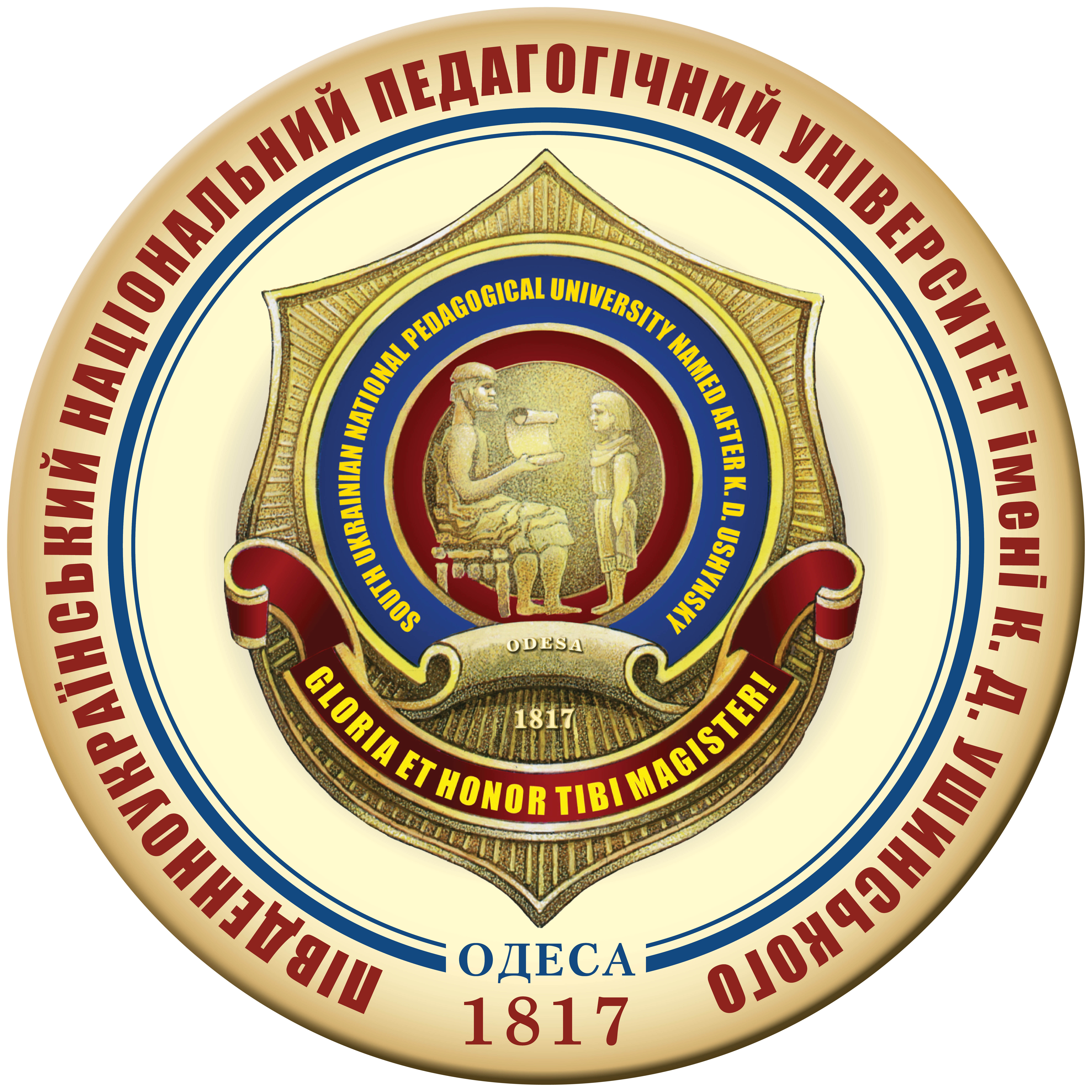FEATURES OF THE ORGANIZATION OF THE PROCESS OF ADAPTIVE PHYSICAL EDUCATION FOR VISUALLY IMPAIRED SCHOOLCHILDREN
DOI:
https://doi.org/10.24195/olympicus/2024-3.1Keywords:
school age children, game, adaptive physical education, visual impairmentAbstract
The urgency of the problem. The process of adaptive physical education of schoolchildren with visual impairment carries out special tasks that have both corrective, compensatory, preventive, and therapeutic and restorative orientations. Adaptive physical education of schoolchildren is implemented taking into account an individual approach to regulating physical load and readiness, as well as to their sensory capabilities. The purpose of the scientific research was to analyze the peculiarities of the organization of the process of adaptive physical education with schoolchildren with visual impairment. The results. Scientists note that the main form of work during physical education lessons for schoolchildren with visual impairment is a game. It is scientifically proven that the game should correspond to the age of schoolchildren, their physical development and the skills they possess. Conclusions. Physical education of children with visual impairments is an important component of education, as it is aimed at comprehensive development of children, preparing them for life and work, forming motor skills and abilities, achieving a high level of physical fitness, increasing work capacity. Under the influence of targeted physical education and the use of a system of moving games, the movement analyzer is rebuilt, and muscle performance improves.
References
Бутов Р. С. Фізична реабілітація дітей шкільного віку з вадами зору в умовах спеціалізованих навчальних закладів : автореферат. Київ : Національний університет фізичного виховання і спорту України, 2016. 23 с.
Демчук С. Характеристика просторової організації тіла молодших школярів із депривацією зору в процесі фізичного виховання. Фізичне виховання, спорт і культура здоров’я у сучасному суспільстві : збірник наукових праць. 2016. (33). C. 76–80.
Коваленко, Ю., Голець, В. Особливості застосування оздоровчих систем у фізичному вихованні школярів. Фізичне виховання та спорт. 2019. №2. С. 42–47.
Кравченко І., Гладов В. Особливості фізичного виховання дітей із порушеннями зору. Педагогічні науки: теорія, історія, інноваційні технології. 2017.1 (65). С. 250–259.
Рядова Л. О. Кореляційний зв’язок показників стійкості вестибулярного аналізатора та диференціювання просторових і часових параметрів рухів у слабозорих учнів основної школи. Фізичне виховання та спорт. 2023. № 3. С. 41–48. https://doi.org/10.26661/2663-5925-2023-3-06
Савлюк С. Передумови розробки концепції з формування просторової організації тіла дітей із депривацією сенсорних систем у процесі фізичного виховання. Вісник Прикарпатського університету. 2017. 26. С. 269–277.
Savluik S. Conceptual basis of the concept of spatial organization of body of children 6–10 years with sensor systems deprivation in the process of physical education. Фізичне виховання, спорт і культура здоров’я у сучасному суспільстві. 2017. 3(39). С. 180–185.
Hoeg B., Moldow B., Ellervik C., Klemp K., Erngaard D., La Cour M., Danish Rural Eye Study: The association of preschool vision screening with the prevalence of amblyopia. Acta Ophthalmol. 2015. 93. Р. 322–329.
Hatt S. R., Leske D. A., Castaneda Y. S., Wernimont S. M., Liebermann L., Cheng-Patel, C. S., et al. Association of strabismus with functional vision and eye-related quality of life in children. JAMA Ophthalmol. 2020. № 138. С. 528–535. doi: 10.1001/jamaophthalmol.2020.0539
Ghasemi Fard F., Mirzaie H., Hosseini S. A., Riazi A., Ebadi A. Vision-related tasks in children with visual impairment: a multi-method study. Front. Psychol. 2023. 1. С. 14. 1–15. doi: 10.3389/fpsyg.2023.1180669








